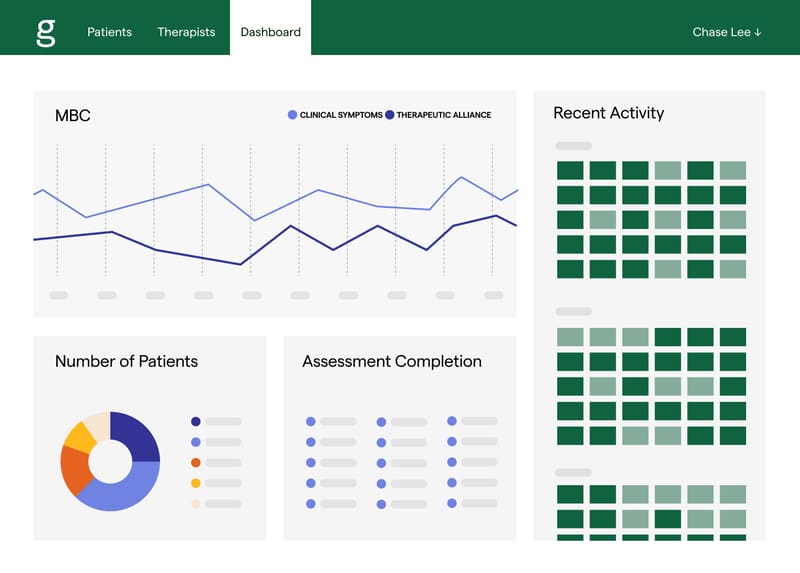There are many examples of Measurement-Based Care in physical health care, where symptoms are monitored and data is gathered throughout treatment. We do so when treating diabetes, where patients with type 1 have the ability to self-monitor their glucose ad hemoglobin levels at home, with blood sugar meters that will indicate whether or not their numbers are within a safe range. This data can then be used to inform their nutrition, insulin distribution, and conversations with their practitioner— ensuring they can maintain good health and that nothing gets missed.
When it comes to mental healthcare, data hasn’t historically been used in the same way. But, the tides are shifting as providers implement Measurement-Based Care into practice, due to a clear focus in behavioral healthcare on transparency of outcomes, quality improvement, and value-based care discussions. As an example of Measurement-Based Care in practice within a mental health setting, our partners Merakey are using MBC to get the information they need to understand their clients’ experience and identify areas for improvement across their programs. In doing so, they are able to provide tailored, high-quality care to more than 50,000 individuals and families across the U.S. each year.
Learn more about Measurement-Based Care



























